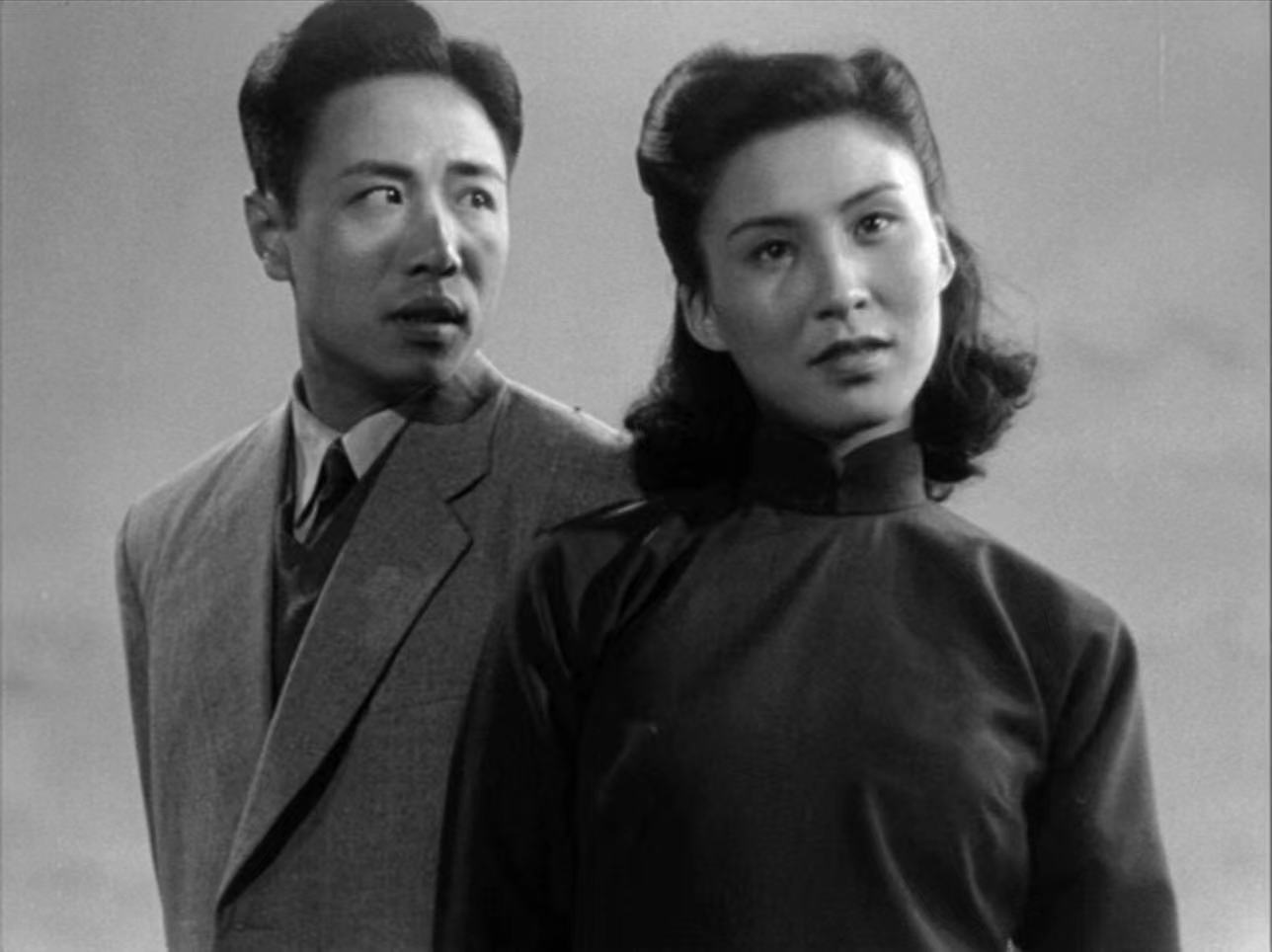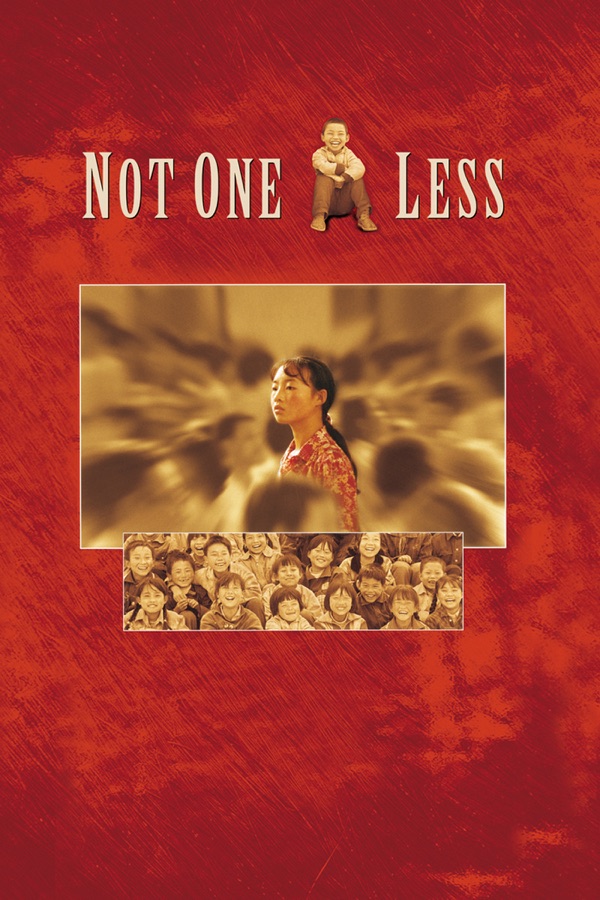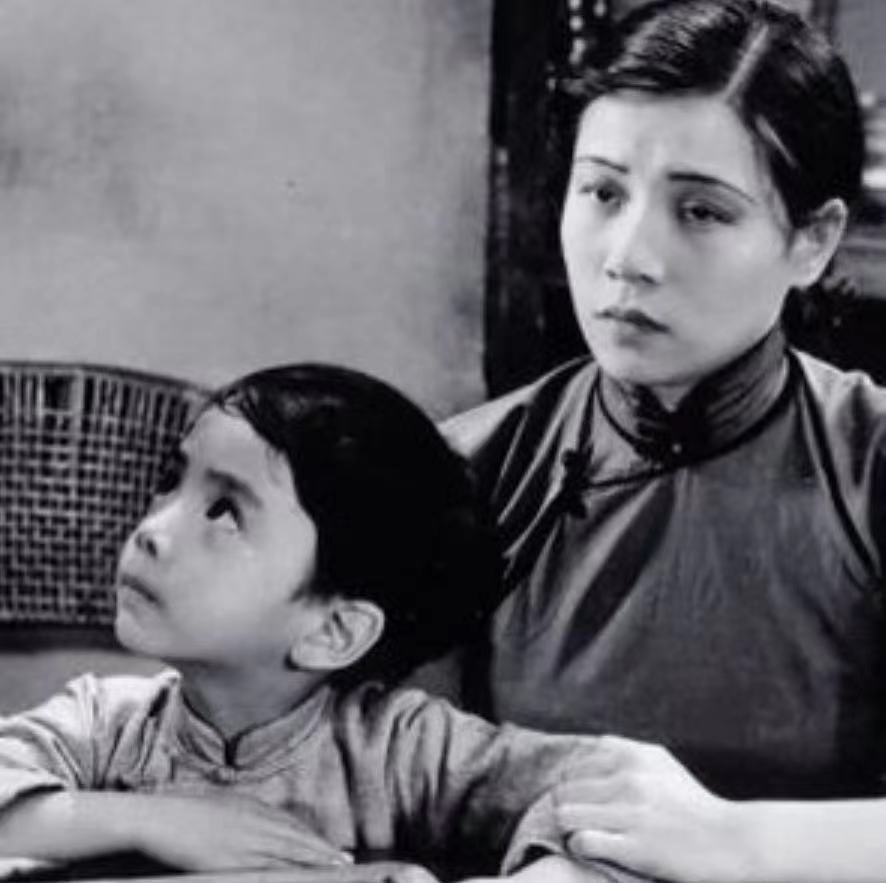 |
This is considered by many to be the finest silent film ever made in China. The plot of the film concerns the struggles of a young single mother to escape from poverty and patriarchy. She is forced to work as a prostitute to feed her child. She also has to escape from the predatory attention of a vicious gambler. Her chances of finding happiness are threatened by social prejudice towards her as a woman. The main character is brilliantly portrayed by the actor Ruan Lingyu, who in a terrible irony, committed suicide herself as the result of the unbearable social discrimination she suffered as a result of achieving fame as a female celebrity.
Street Angel – 馬路天使 – 1937
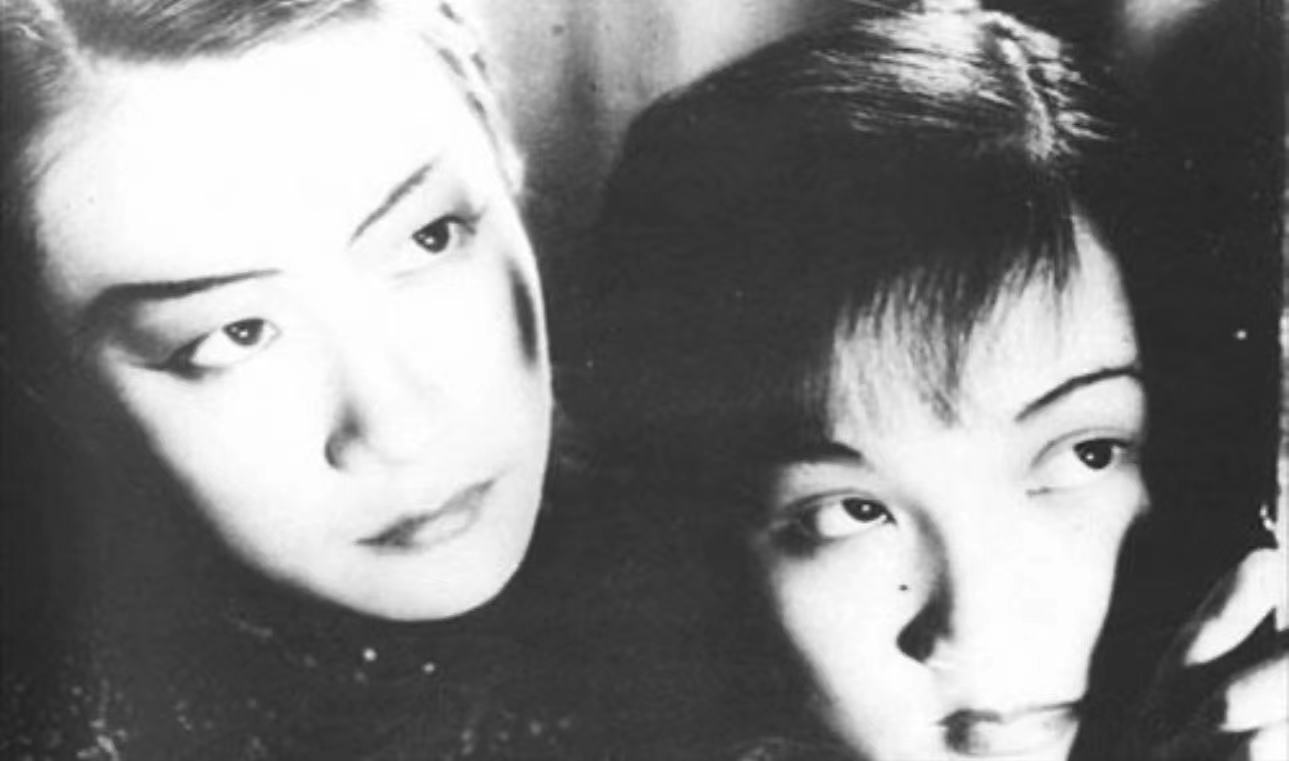 |
‘Street Angel’ is one of a series of films with a social conscience made in Shanghai in the 1930’s. The film was directed by Yuan Muzhi and stars the popular singer Zhou Xuan, who contributes two songs to the film. It tells the story of how a charismatic street musician called Xiao Chen and his misfit friends struggle to save Zhou Xuan from an exploitative, forced marriage to a corrupt, rich businessman. The wide-ranging mixture of film styles used in the film – from expressionism to Chaplinesque slapstick comedy shows the vibrant creativity of cinema in this period.
Crows and Sparrows 烏鴉與麻雀 (1949)
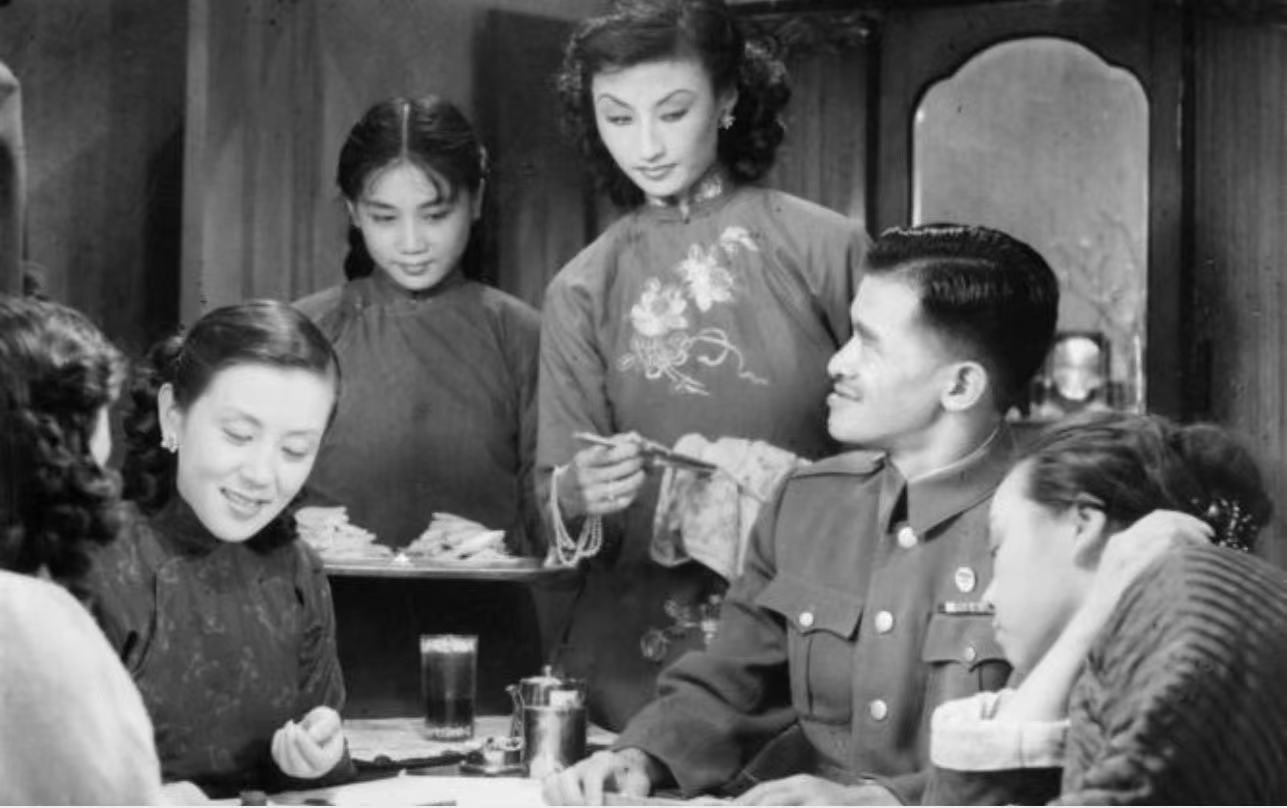 |
Another very fine Shanghai movie with a social conscience. This one was made at the time the People’s Liberation Army was entering Shanghai to put an end to the civil war. The director Zheng Jun-Li skilfully makes a tenement house in Shanghai representative of China’s fragmented society during the civil war period. The characters are three dimensional but at the same time representative of a range of class positions. At the end the house is symbolically liberated from its corrupt landlord just as in real time the Communists liberated Nanjing. The film at times has an improvised quality and gives unique insights into an evolving society at the time.
Spring in a Small Town – 1948
Liu San Jie / Third Sister Liu / 刘三姐 – 1960
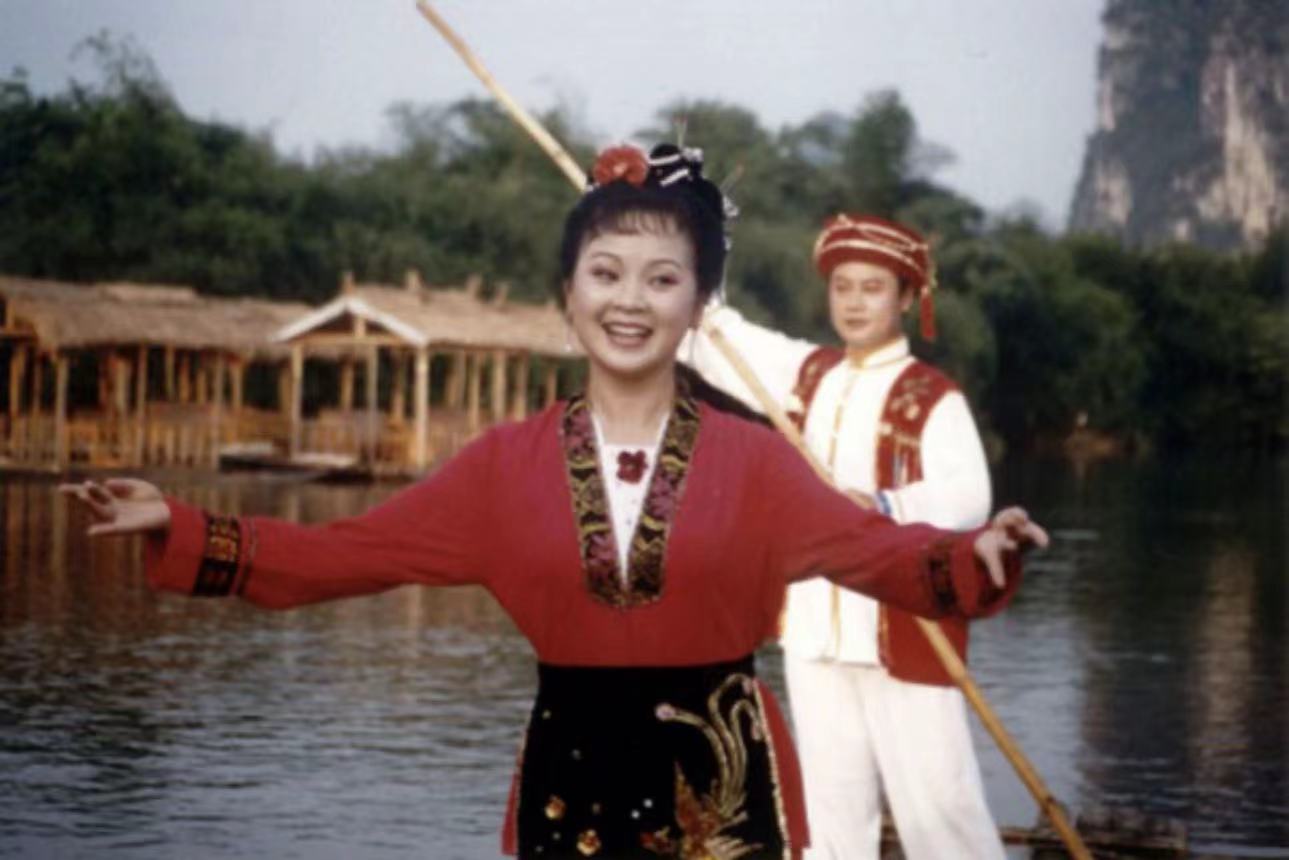 |
This remarkable film has the honour of being China’s first musical. It is also noteworthy for being a retelling of a legend that originated among the Zhuang ethnic minority who live in the Guangxi Zhuang Autonomous area of southern China which was created in 1958. Like other films featured here, the film has a courageous female central character, in this case a peasant girl who has a talent for folk singing. Some of the best scenes in the film are singing contests in which Liu San Jie takes on and defeats representatives of the landlord class. The film uses the beautiful and unique karst landscape around Guilin in Guizhou Province as its setting.
Not One Less – 1999
This is the first of several films by the contemporary director Zhang Yimou that I will recommend. This one is dedicated to putting the struggles of China’s rural poor centre stage. It tells the story of a 13 year old girl, Wei Minzhi, who is persuaded to take over as teacher in a small rural school when their teacher has to leave. The central part of the drama unfolds when one of her students runs away to the local town to make money for himself and his family. Wei takes on the indifference of the townspeople in her efforts to bring him home. Although it is clear eyed about the levels of rural poverty at that time, something which China has now eliminated, what the film really conveys is the determination in modern China that no-one will be left behind in the progress to a more equal society. To illustrate this even further Zhang Yimou made the film in the neo-realist style, employing local people as the actors.
House of Flying Daggers – 2004
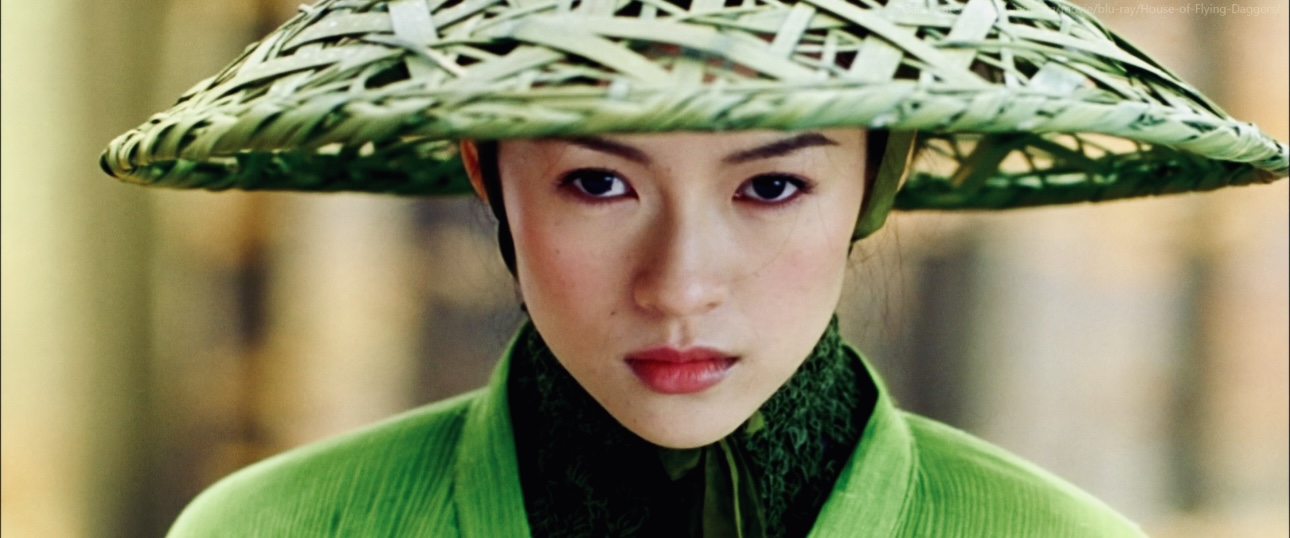 |
It’s almost impossible to separate out Ang Lee’s two most famous martial arts movies, House of Flying Daggers and Crouching Tiger, Hidden Dragon, but I’m going to come down cautiously on the side of the former. Whereas Crouching Tiger, Hidden Dragon focuses on the supernatural and esoteric, House of Flying Daggers is more earthy, with its tale of rebellion, love and betrayal. The key feature of both films is their amazing cinematography and for me again House of Flying Daggers just shades it, in terms of expressing the spellbinding Chinese aesthetics of colour and space. Under Lee’s direction the fight scenes gain the quality of choreography. He gives China herself and its landscapes an operatic beauty.
Hero – 2002
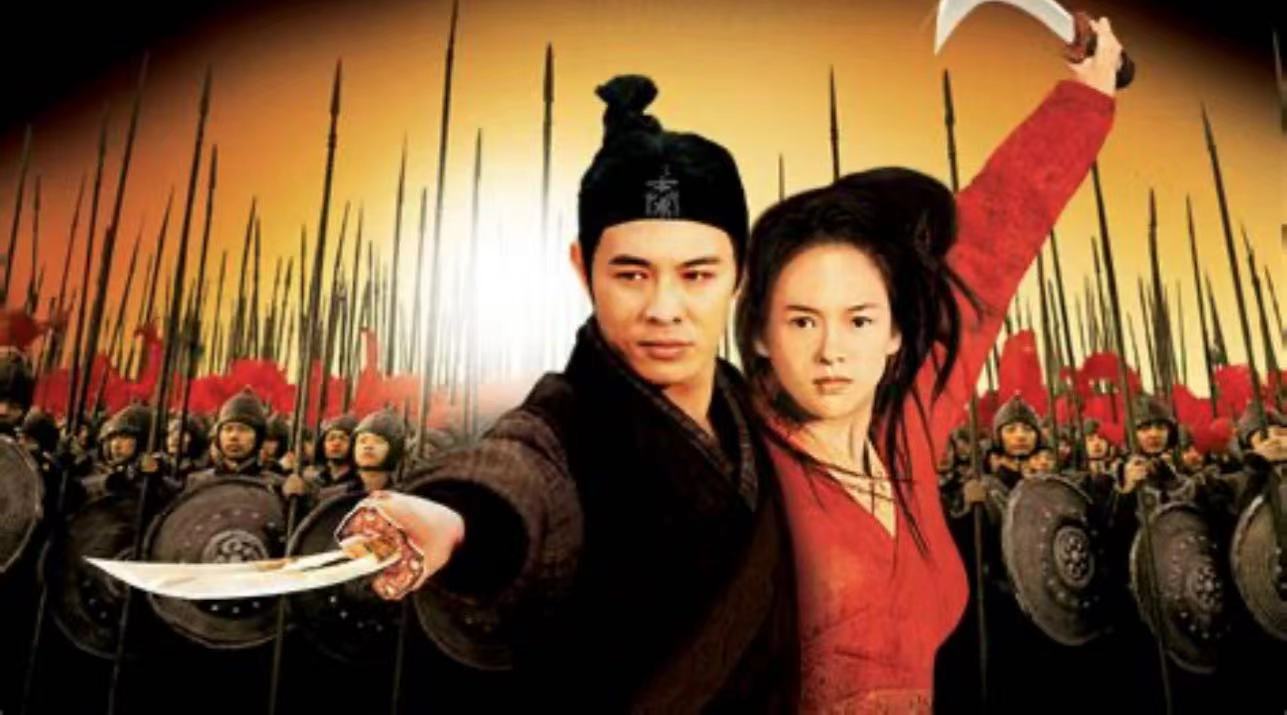 |
We’re back to Zhang Yimou for this amazing film which tells a story from the very origins of China under the king of Qin, who would go onto unite the then separate kingdoms of China under his rule as the first Emperor, Qin Shiguang. Hero is one of the most expensive films ever made in China. Zhang Yimou transforms a martial arts story of combat and revenge into a visual and philosophical poem, which meditates on the nature of power and justice. The poetry comes from the visual beauty, such as the sword fight between Flying Snow (Maggie Cheung) and Moon (Zhang Ziyi) in a flurry of falling autumn leaves. The philosophy comes from the use of multiple points of view to tell the complex relationships between these two characters, a warrior called Sky (Donnie Yen) and the film’s narrator and main character, an assassin called Nameless (Jet Li). As we experience the twists and turns of the plot and come to understand the experiences and perspectives of the central characters it becomes clear that by its ambiguity the film is asking all sorts of questions about what it means to be a hero.
A World Without Thieves – 2004
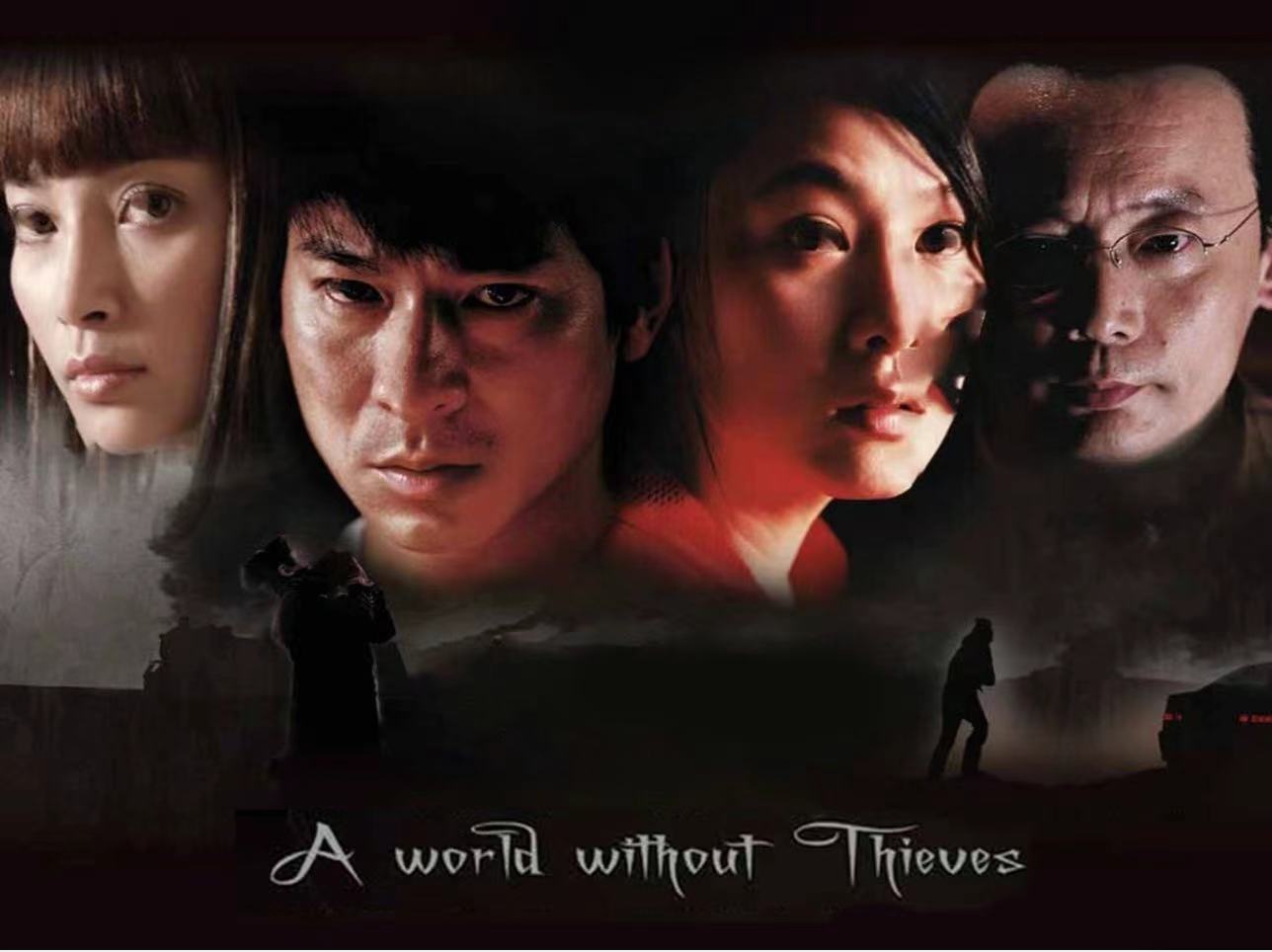 |
Again in ‘World Without Thieves’, a Chinese director, in this case Feng Xiaogang, takes a common cinema genre, the crime caper, heist movie and turns it into a deeper meditation on society and human nature. The film’s central character Sha Gen (Baoqiang Wang) is an innocent who has earned 60,000 rmb working on restoring Buddhist temples in Tibet and is now returning home by train with all of that money in an old leather satchel by his side. Sha Gen is equally endlessly virtuous and endlessly naive. Once on the train Sha Gen is adopted by a sisterly protector called Li (Rene Liu) and her more ambiguous boyfriend and professional thief Bo (Andy Lau). What develops is a battle of skills and wits between these three and a band of thieves led by a master criminal Uncle Li. The character of Uncle Li offers us the opportunity to watch one of China’s favourite actors, Ge You, at work. Ge You never allows his representation of the villain to slide into simplistic melodrama. As with the other movies here, what gives this quite simple story its special Chinese flavour, are the philosophical questions it raises about love, loyalty, friendship and even the possibility that there could be a world without thieves, where innocents like Sha Gen can survive.
My People, My Homeland – 2022
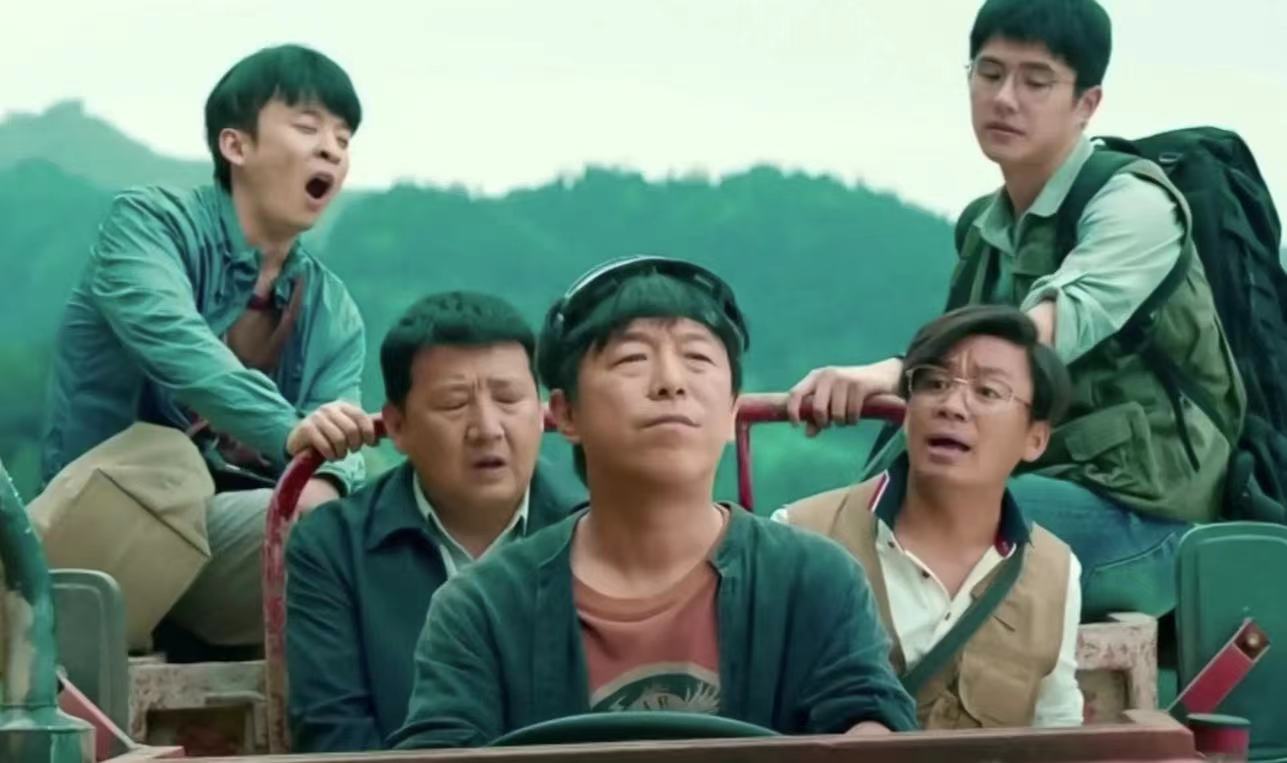 |
I’m going to finish with an unashamedly sentimental movie which certainly lacks all of the moral and psychological depth of the other films in this list, but probably gets you closer to the heart of China than any of the rest. It is an ensemble movie in which five well known directors each contribute a short film telling a story about a character going back to her or his hometown. The spring festival holiday in February is the time for every Chinese person who possibly can to make the annual pilgrimage back to their roots. Unbelievably as many as three billion passengers will travel at this time. I once got caught in the tide of people taking the trains out of Shanghai at the start of the festival. As the Chinese say ‘ren shan, ren hai’ – ‘people mountain, people sea’. Although I ‘knew’ about this great annual migration I never understood it until I saw this movie. In each of the stories the central characters, played by an array of China’s best actors and actresses, encounter and resolve problems and challenges and in doing so return to the heart of the spring home-coming. Along the way the film takes you out of the big cities into the rural heartlands of the country. You are offered the chance to experience a harmony between urban modernity and rural tradition that I think we’ve all but lost in the west. The film is patriotic in a profound sense because it touches on the lives of ordinary people and the sources of their loves, their values, their communities and a country that is attempting to move harmoniously into the future without losing touch with the wellsprings of its national character. In many ways this simple film expresses the ‘soul’ of China.
The older films in this selection are all available on ‘YouTube’. The more recent films are available in the ‘iTunes Store’ amongst other places.
Of course there are many fine movies that I’ve passed over to make this ‘Top Ten’ and I’d love to hear your recommendations. Please send them to me by e-mail and I’ll use them to make a follow up article in the future.
